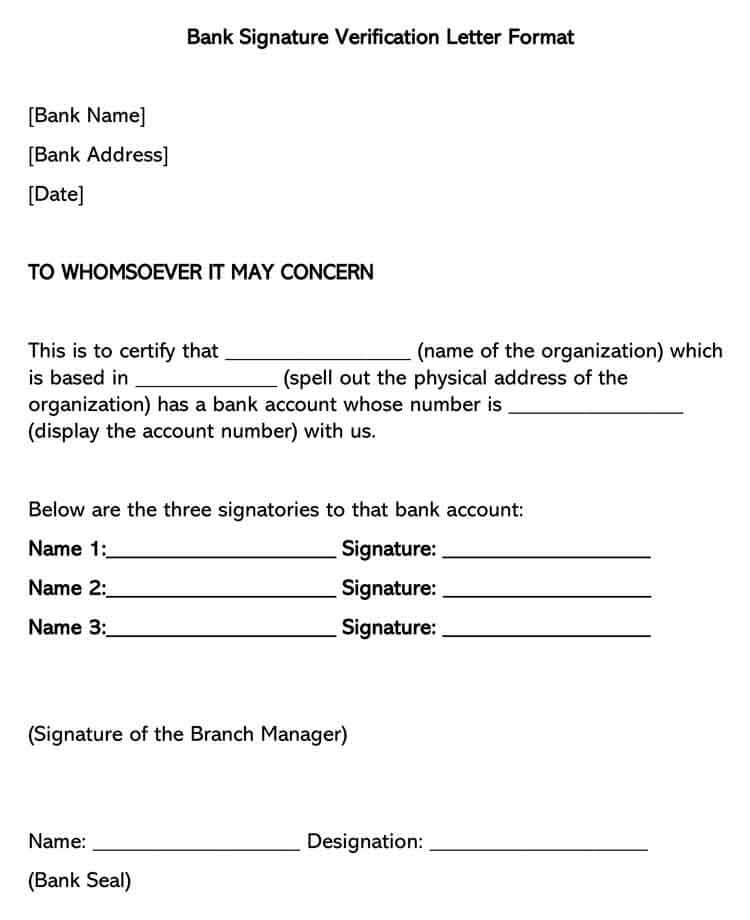Calculating your home equity and understanding how much you can borrow against it is crucial when it comes to leveraging the benefits of homeownership. Whether you’re considering renovating your house, funding your child’s education, or consolidating debts, knowing your home equity and borrowing potential can help you make informed financial decisions. In this section, we will delve into the intricacies of calculating home equity and explore various factors that determine how much you can borrow. By the end, you’ll have a comprehensive understanding of these concepts, empowering you to make sound financial choice.
Household security refers to the portion of your house which you it’s individual, the difference between its market price and you will one an excellent home loan equilibrium. It represents the built-up riches of your property over the years as you will be making home loan repayments as well as the property values during the worth. Particularly, whether your house is appreciated at the $400,000 and you also nonetheless owe $250,000 on the home loan, your residence guarantee was $150,000 ($eight hundred,000 – $250,000).
The loan-to-really worth ratio is an important factor that lenders envision whenever choosing just how much you can borrow secured on your home equity. It is determined from the isolating the newest a fantastic home loan balance from the appraised worth of your residence. For instance, if for example the home is appraised on $400,000 and also you owe $250,000, the LTV proportion might be 62.5% ($250,000 / faxless payday loan $eight hundred,000). Generally, loan providers favor less LTV ratio whilst represents faster chance in their mind.
A. credit score: Your credit score plays a significant role in determining the amount you can borrow. A higher credit history indicates better creditworthiness, making lenders more willing to offer large financing quantity at favorable interest rates.
B. debt-to-Earnings ratio (DTI): Loan providers think about the DTI proportion, and therefore measures up their month-to-month debt burden into money. A lower life expectancy DTI proportion shows ideal financial balance and you may expands your own borrowing potential.
C. Mortgage Applications: Different financing applications possess differing recommendations getting credit against family equity

A good. Family Equity Loan: This type of financing brings a lump sum count centered on your residence guarantee, you pay-off more a predetermined label which have a predetermined interest rates. It is right for that-time expenses, for example domestic home improvements otherwise big commands.
B. HELOC: A HELOC, on the other hand, acts as a revolving line of credit that allows you to borrow against your home equity as needed. It works similar to a credit card, where you have a place credit limit and can borrow and repay multiple times during the draw period.
A. Enhanced Financial obligation: Borrowing up against your house security means trying out a lot more loans. Always possess a fees plan set up and prevent overextending your self economically.
Certain programs can get create highest LTV percentages or bring significantly more independency with regards to mortgage number
C. Prospective Death of Home: Defaulting on your house collateral loan otherwise HELOC repayments you may influence from inside the foreclosure, potentially ultimately causing losing your home. Be certain that you’re confident in your ability to repay the latest lent number.
Calculating your home equity and determining how much you can borrow against it involves considering various factors such as credit score, LTV ratio, and loan programs. By understanding these concepts and weighing the associated risks, you can make advised choices regarding leverage your home equity to maximize its positives while guaranteeing monetary stability. Remember to consult with financial professionals or mortgage lenders to get personalized advice based on your specific circumstances.
Home equity loans can be a valuable financial tool for homeowners looking to leverage the value of their property. They provide an opportunity to access funds based on the equity built up in the home, which can be used for various purposes such as home improvements, debt consolidation, or funding major expenses. However, when it comes to choosing the right particular family collateral loan, borrowers are often faced with several options, each with its own set of advantages and disadvantages. In this section, we will explore the positives and negatives off three common brand of domestic security loans: HELOCs (Home Equity Lines of Credit), home equity loans, and cash-out refinancing.

